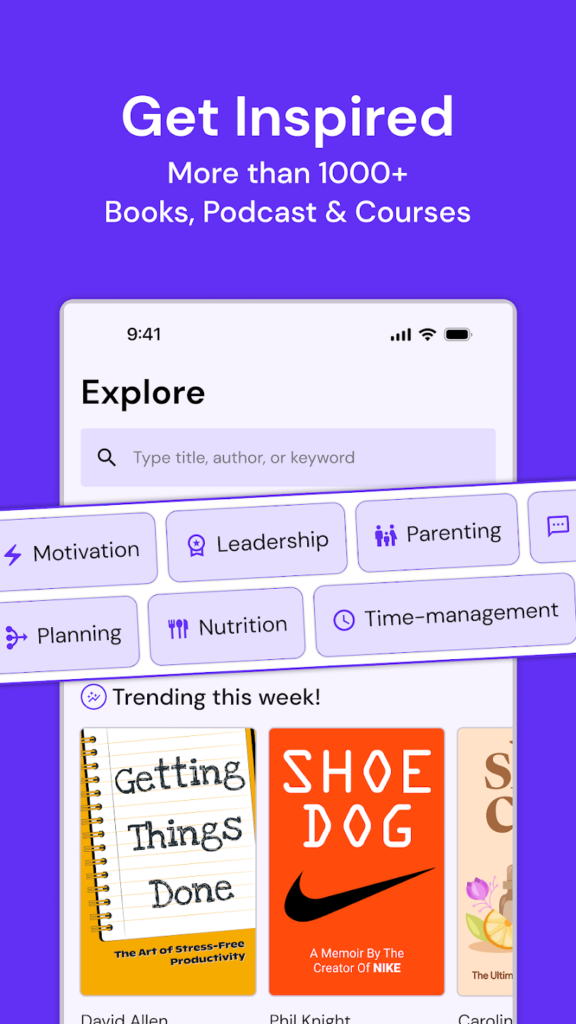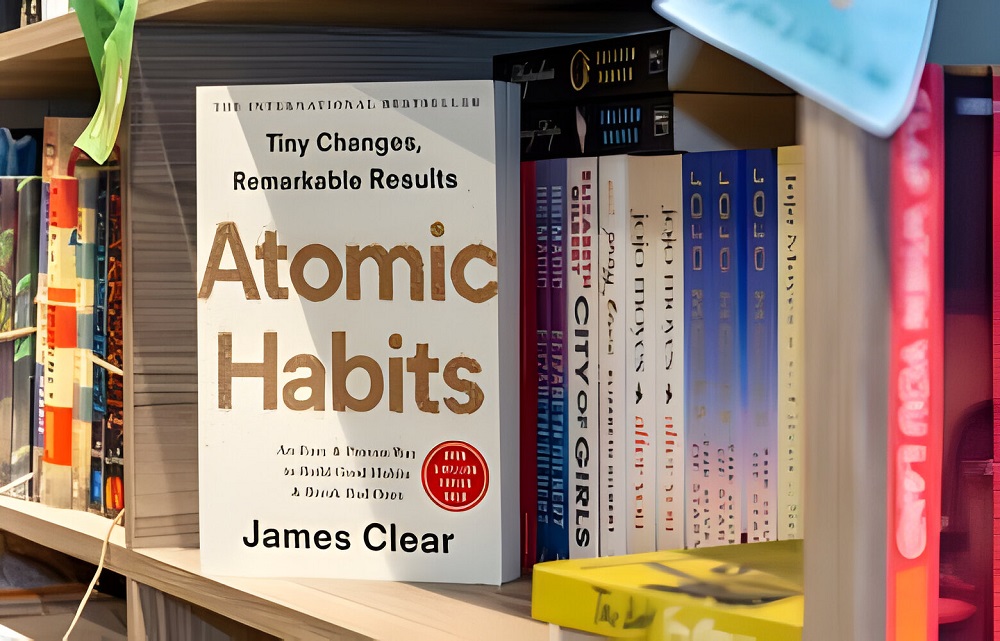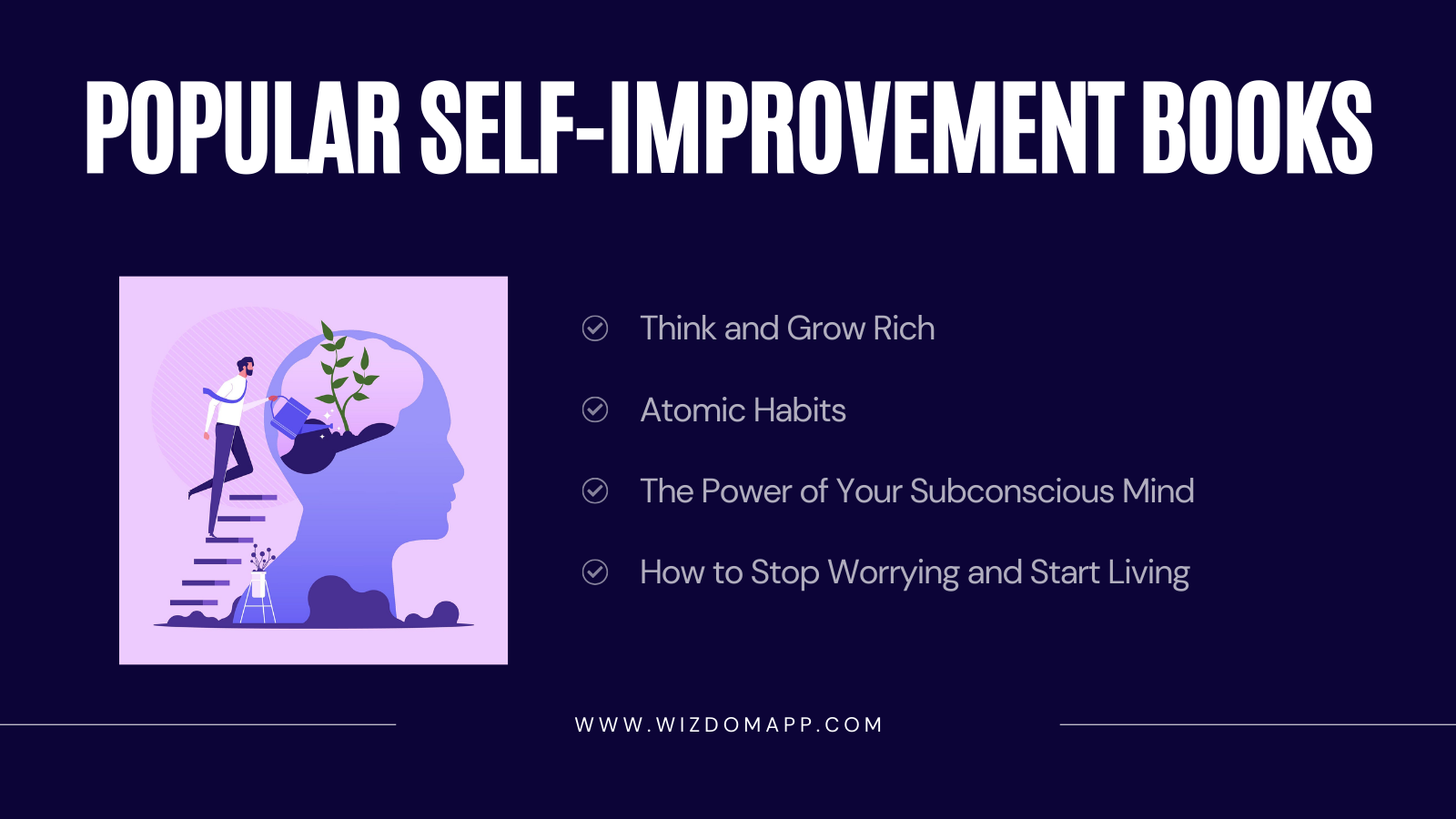
Ever find yourself standing in front of the fridge, munching on a slice of cheese, wondering how you even got there? Or polishing off a bag of chips while bingeing your favourite show, only to realise it’s mysteriously disappeared?
Welcome to the world of mindless eating. It’s not that we’re hungry – it’s that our brain has temporarily checked out, leaving our hands to do all the work.
So, why do we eat more than we think, and how can we stop this sneaky habit of mindless eating? Let’s dig in!
Contents
- 1 What Is Mindless Eating?
- 2 The Science Behind Mindless Eating
- 3 Common Triggers of Mindless Eating
- 4 How to Stop Mindless Eating
- 5 Mindless Eating and Weight Gain
- 6 Mindless Eating vs. Mindful Eating: What’s the Difference?
- 7 The Benefits of Mindful Eating
- 8 Breaking Free from the Mindless Eating Cycle
- 9 Wizdom: Your Guide to a Healthier Mindset
What Is Mindless Eating?
Mindless eating is when we eat without paying attention to what, how much, or why we’re eating. It happens when we’re multitasking – scrolling through social media, watching TV, or even just chatting with friends. Our brain is focused on something else, so we barely register what’s going in our mouth. Before you know it, you’ve inhaled an entire pizza when you only meant to have a slice.
Mindless eating isn’t just about overeating; it’s about not being in tune with our body’s natural hunger cues. It’s a bit like trying to drive a car without looking at the road – you’ll probably end up somewhere, but it’s unlikely to be where you intended.
The Science Behind Mindless Eating
Our brains are complex, beautiful things, but they have a few quirks. One of those quirks is that they’re easily distracted. When we’re eating while watching TV or scrolling on our phones, we’re not really registering the food we’re consuming. The cues our brain uses to tell us we’re full – like the sight and smell of food – don’t work as effectively when we’re distracted.
Plus, there’s something called “unit bias.” If you’re given a big bowl of popcorn, you’ll likely eat more than if you’re given a smaller one, even if you’re not all that hungry. We have a tendency to eat what’s in front of us, whether we’re paying attention or not. That’s mindless eating in action.
Common Triggers of Mindless Eating
- Screens, Screens, Screens: Watching a movie, scrolling through social media, or playing a video game can make you lose track of how much you’re eating.
- Stress and Emotions: Eating out of boredom, stress, or sadness isn’t about hunger; it’s about seeking comfort. And guess what? Our brains love comfort food.
- Social Settings: Ever notice how you snack more when you’re out with friends? Social eating often leads to mindless eating because we’re focused on the conversation.
- Big Portion Sizes: If it’s there, we’ll eat it. Large portions can trick us into eating more than we actually need.
How to Stop Mindless Eating
- Eat with Intention: Easier said than done, right? But it’s crucial to focus on your food. Sit down, put your phone away, and enjoy your meal. You’ll be surprised how much more satisfying it is when you actually taste it.
- Mindful Snacking: If you’re craving a snack, make a conscious decision about what you’re eating. Ask yourself if you’re truly hungry or just bored. If you are hungry, pick a healthy snack and savour each bite.
- Smaller Plates, Smaller Portions: Remember unit bias? Using smaller plates or bowls can trick your brain into thinking you’re eating more than you are, reducing the chances of mindless eating.
- Pre-Portion Your Treats: If you’re reaching for a bag of chips, pour a small portion into a bowl instead of eating straight from the bag. This will make it easier to stop when you’re done, instead of reaching into an endless abyss of snacks.
Mindless Eating and Weight Gain
Mindless eating can easily lead to weight gain because you’re consuming extra calories without even realising it. Since you’re not paying attention, your brain doesn’t register fullness properly, and you end up eating more than you would if you were being mindful. Plus, when you’re eating mindlessly, you’re more likely to go for foods that are high in sugar, salt, and fat – those classic comfort foods that make us feel oh-so-good for a minute but not so great later.

Mindless Eating vs. Mindful Eating: What’s the Difference?
Mindful eating is the complete opposite of mindless eating. It’s about slowing down, appreciating each bite, and recognizing your body’s hunger and fullness cues. It involves being present while you eat, paying attention to the texture, taste, and aroma of the food. It may sound a bit zen, but it works.
When you eat mindfully, you’re less likely to overeat because your brain has time to catch up with your stomach. You’ll also find that you enjoy your food more because you’re actually tasting it instead of just inhaling it.
The Benefits of Mindful Eating
- Better Digestion: When you slow down and chew your food properly, your digestion improves. No more post-snack bloating!
- Weight Management: Eating mindfully helps you recognize when you’re full, so you’re less likely to overeat.
- Increased Satisfaction: Food tastes better when you take the time to enjoy it, making it easier to be content with smaller portions.
- Reduced Stress: Mindful eating encourages you to take a break from the hustle and bustle of life, giving you a moment to relax and decompress.
Breaking Free from the Mindless Eating Cycle
If you find yourself caught in a cycle of mindless eating, don’t beat yourself up. It happens to the best of us. The key is to start making small changes. Begin by identifying your triggers – what makes you reach for that extra cookie or handful of nuts? Is it stress? Boredom? Habit? Once you know, you can start to change the behaviour.
Start with one mindful meal a day. Set aside 20-30 minutes to eat without any distractions. Focus on your food, chew slowly, and notice the different flavours. Gradually, you can work your way up to more mindful eating throughout the day.
Wizdom: Your Guide to a Healthier Mindset
Mindless eating is just one of many habits we form without even realising it. Fortunately, understanding these habits can help us change them for the better. Want to learn more about building healthier habits and improving your overall mindset?
Meet Wizdom, the app that brings the best book summaries straight to your phone. Get insights on everything from nutrition to mindfulness, all in bite-sized formats you can read during your lunch break (preferably without the distraction of a screen).
Download Wizdom today and start your journey to a more mindful, healthier you!

Zia Hawwa
Currently pursuing a Degree in Criminology, Zia’s passions lie in the world of literature and the human psyche. She loves what the world has to offer, and is always on the journey of satisfying her curiosity.
Recent Posts
- 25 Top Quotes from The 10X Rule to Supercharge Your Ambition
- 10 Books You Must Read to Succeed in Your Career
- 30 Little Tricks for Big Success in Relationships
- 25 Life-Changing Self-Help Books to Read This December: Boost Your Mood and Your Mind
- 25 Amazing Self-Care Tips for December: Wrap Yourself in Joy, Not Stress









